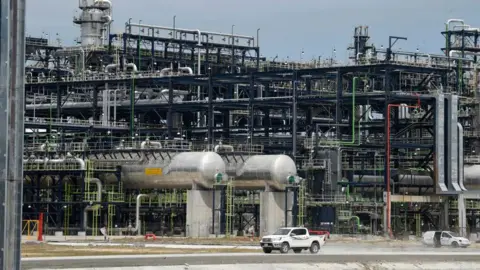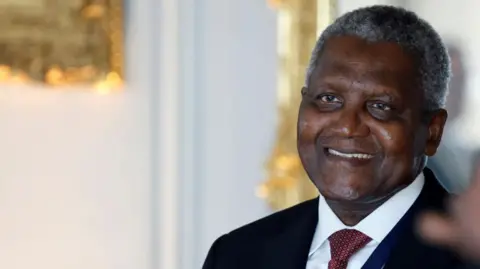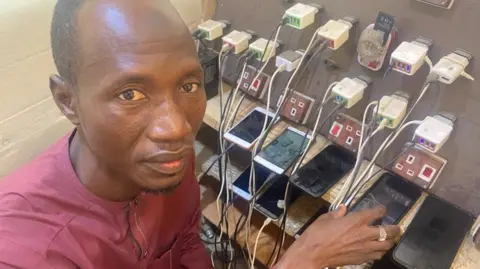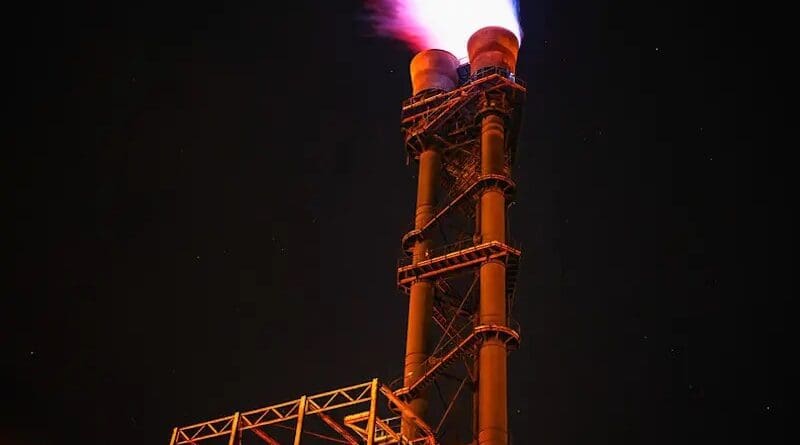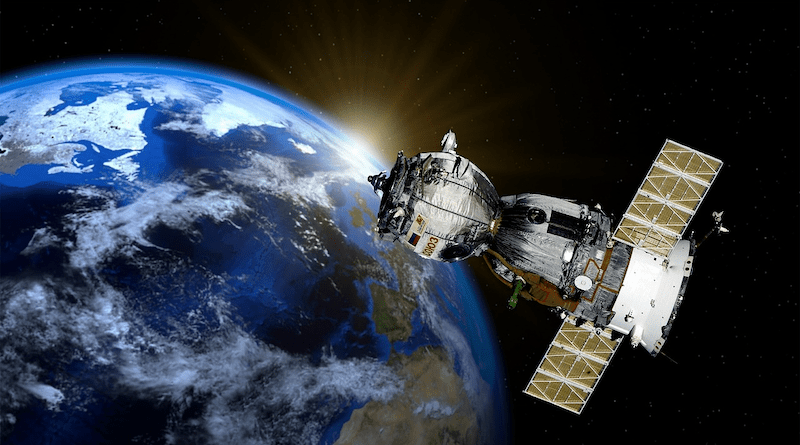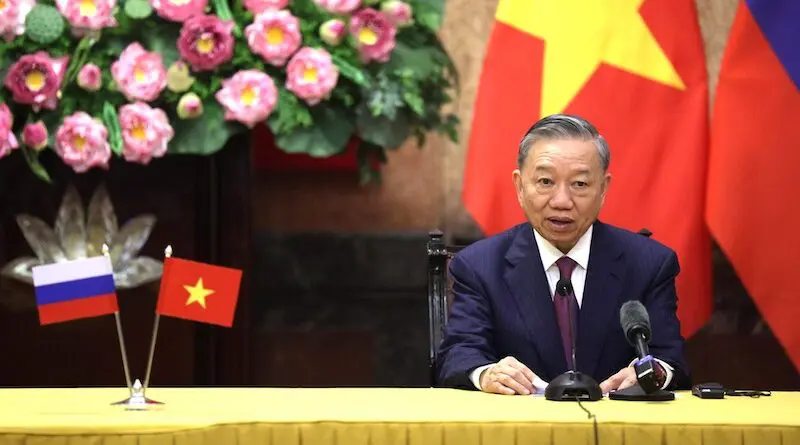By Branko Milanovic - 22 July 2024
GLOBAL GOVERNANCE

Free: Coming of Age at the End of History. Lea Ypi. Penguin. 2021
It is not often that one in the process of learning of, or reading, a book develops three different opinions about the book. I have heard of Lea Ypi’s Free after it became an international bestseller. I was even then somewhat intrigued by the topic, an autobiographical story of growing up in Albania at “the end of history”, given that Albania was somewhat of a black box (because of the isolationist policies followed by its long-time president Enver Hoxha). Yet since I had a uniform negative view about any personal reminiscences coming out of Eastern Europe, I was almost sure not to read the book? Why such mistrust?
The reason is as follows. Ich bien ein Easterner: I do not need to be told how it was. Most of what I would be offered to read in English, was, I though, fake. The personal memoirs that, I thought, had a chance to appeal to Western readers, and particularly to become best-sellers, were such as to reinforce the Western views or prejudices what the life behind the Iron Curtain looked like. It was composed only of political trials, executions of former Bolsheviks, exiles of dissidents, long queues for meat and toilet paper, parading tanks and dour bureaucrats. Everybody wore a fur hat and lived in permafrost. Indeed some of these things were true, but for different countries and different periods. But practically none of them was true in my life experience and I would say for 90% of other people living in Eastern Europe in the 1970-90s. But writing about how life really was for my generation and those a generation younger, what we and others around us really believed and thought, would not get published nor read by the Western audience. The Eastern stories that would become bestsellers would be, I thought, invariably made-up or would deal with minor special cases. I had no interest in them.
But I was also aware of Ypi’s extraordinarily engaging writings on philosophy and current affairs that I read at the same time. It did not take me long to see that her views, her thinking, were not of the kind that the French called la pensée unique and that became so ubiquitous among the intellectuals from the former Communist countries. (I intentionally do not use the term “Soviet bloc” because Albania was not part of the Soviet bloc.)
So when I met Lea Ypi, we had a most pleasant conversation, and when she kindly gifted me Free I was already ready to move a bit away from my first approach. On the way back to the hotel, I sat on the bench in a park in London and randomly opened the book composed of 22 short stories about Ypi’s growing up in Albania, from her pre-school days, under a quasi-Stalinist regime, until the post-transition times of democracy and chaos. I read one of the stories “Brigatista”, which introduced me to the family: father’s solicitous approach towards all those who had less than him, belief in people being essentially good, and poverty resulting from external circumstances over which we have no control; and mother who took a more realistic view that most of the poor, and especially so in a socialist country, are poor because they do not want to work.
As I read the stories in the first part of the book, I thought of Anna Akhmatova’s famous words from Requiem, when she was asked by a woman standing in a queue for delivery of packages to the inmates, and who recognizing Anna, said to her: "Can you describe this?” And Anna’s confident reply: "I can."
Although Albania in the 1980s was a far cry from Moscow of the 1930s (as I already said in the introduction), I thought of Anna’s reply because I found Ypi’s description of the life in an intentionally, and proudly (from the point of view of the rulers) autarkic socialist society both truthful and full of insights that were only hinted at and never forced upon the reader. The children of Ypi’s age were growing up in an orderly country where personal hygiene (checking whether your fingernails were cut and clean every Monday) and adoration of the Party (one does not need to preface it with “Communist”, so omni-present the Party—the only party—was) were instilled in an equal measure. Coca-cola cans were used as signs of relative prosperity, but all houses had TV sets. There was not much to watch on the local one- or two-channels that oscillated between reports of harvests and political speeches, but if the antenna is only slightly readjusted, one can watch Serie A soccer games and Yugoslav basketball, and on most days Italian evening news. The father discusses all international events, celebrates Mandela’s release from jail and Italian leftists—indeed perhaps as a way to not get engaged into Albanian politics, yet it also shows how a dogmatically rigid regime but with internationalist pretensions has awakened among its population interest into the rest of the world. In my many travels, I was often surprised how limited the knowledge of the world (even if you measure it by the simple knowledge of the events taking place elsewhere) was in some countries where access to information was free. Here with controlled access to information and heavy propaganda, Ypi’s family, and we are led to believe those of her schoolmates too, were very interested in the rest of the world, from San Remo to Ronald Reagan.
In describing, through short vignettes, her own ideological education and relating it now to the people who had no experience and no idea of multiple contradictions of life in a Communist country, and then describing the shock of transition to capitalism Ypi is, somewhat counter-intuitively, helped by the specific features of Albania. First, the relative isolation of Albania that followed policies independent of the West since 1945, independent of the Soviet Union since 1956, and finally independent of China since 1978, meant that the abruptness of the transition to capitalism was sharper than elsewhere. The change was more dramatic, from almost full closeness to openness, from everything being done through “collectives” to everything being privatized, from single voice of the Party and “uncle Enver” to the cacophony of parties and “civil society”.
There is an additional element that made Albania unique. It is, with Cuba (and to some extent) Vietnam, the only county that experienced a genuine domestic communist revolution and did not contain different ethnicities. This turned out very important in retrospect. The domestic nature of the revolution made the explanation of communism and everything that went badly with it as being solely due to the Soviet occupation (while totally ignoring the domestic bases of communist regimes), impossible in the Albanian case. Similarly, the orgy of accusations and recriminations, and wars, that followed the dissolutions of the Soviet Union and Yugoslavia was also impossible because of ethnic homogeneity of Albania. One thus had to look at communism with much greater objectivity and with clear eyes. All the negatives could not be, as in most of Central Europe, blamed on the Soviet Union, which has by now morphed into Russia; nor could they be blamed by Ukrainians on Russians, by Russians on non-Russian Bolsheviks, by Serbs on Tito, by Croats on Serbs and so on, forever. In the case of Albania, communism was Albanian-produced, and the exit from communism was also Albanian-produced.
The exit begins slowly: demonstrators (or were they just “hooligans” trying to destroy “people’s property”?) fill the streets in the far-away capital. The news spreads slowly and unevenly. Then things appears to peter out. It is not clear if, in the school or at home, the “protests” should be mentioned at all. For if protests are mentioned, one must define himself or herself to be either in favor or against. Perhaps it is better to ignore them. One evening Ypi surprises her parents (who thought she has gone to bed) listening, at very low volume, with worried—or perhaps hopeful, who knows?-- faces, about the news of spreading protests. Even when the multi-party elections take place, and Socialist party (the renamed Communists) wins, the outcome is not assured. We witness all of this not by following the politicians, dissidents, or through historical description of events, but through how these events are seen at the family’s kitchen table and in the classroom. Because this is how Ypi, a twelve or thirteen year-old, somewhat of a Tom-boy, girl lives them.
Then the chaos takes over. Ideologically, schools make a 180-degree reversal, attendance plummets, everybody wants to leave the country (as one of the vignettes is entitled), the drug dealer, the prostitute, the human trafficker, the money-launderer, the usurious lender become normal, moreover highly desirable occupations because they pay the most. The world simply does a volte-face. Family conversations become open: a cousin who is released from jail is no longer refereed to as having just “graduated”, or those who were killed in camps as having given up on their education—the entire language of concealing the truth, of which particularly the parents are aware when speaking in front of their children who do not know what can and what cannot be said in public—flies out of window. Many old stories of which Ypi, and we too as we read the book, are unaware suddenly come out of nowhere. The book has an almost Agatha Christie-like plot that we slowly discover, first in pieces which may or may not be true, to find out more as the vignettes succeed each other, and to never find out the full denouement.
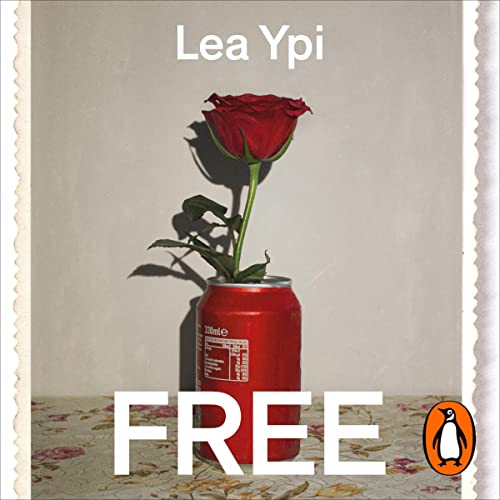
Ypi’s book has by then left the plane of relating the events and moved to become a work of fiction. In the same way that we know that Proust’s À la recherche was almost entirely autobiographical, but we treat it as a work of art, we should, I came to think, treat Ypi’s as a work of art. Herself, her family, her friends, have by now become characters in a novel, they have moved out of a reality to a different, higher, plane. We know that Macondo is not a real place, existing under such a name, even if it was based on many similar places that did exist. Here too Albania, the transition, Ypi’s family are all metaphors. They are both true, and they transcend what they were in reality.
If I meet Lea in person again, I had firmly decided to not ask her what has become of characters in her book (her grandmother to whom the book is dedicated, family, her first platonic love): I have decided we should talk of them as how we talk of what might have reasonably happened to Elizabeth Bennett after she married Mr Darcy, or whether Rastignac conquered Paris. And perhaps we can speculate on what might have happened to the young woman who in the late 1990s travelled with thousands of refugees across the Adriatic to Southern Italy...
This first appeared on Branko's blog.
